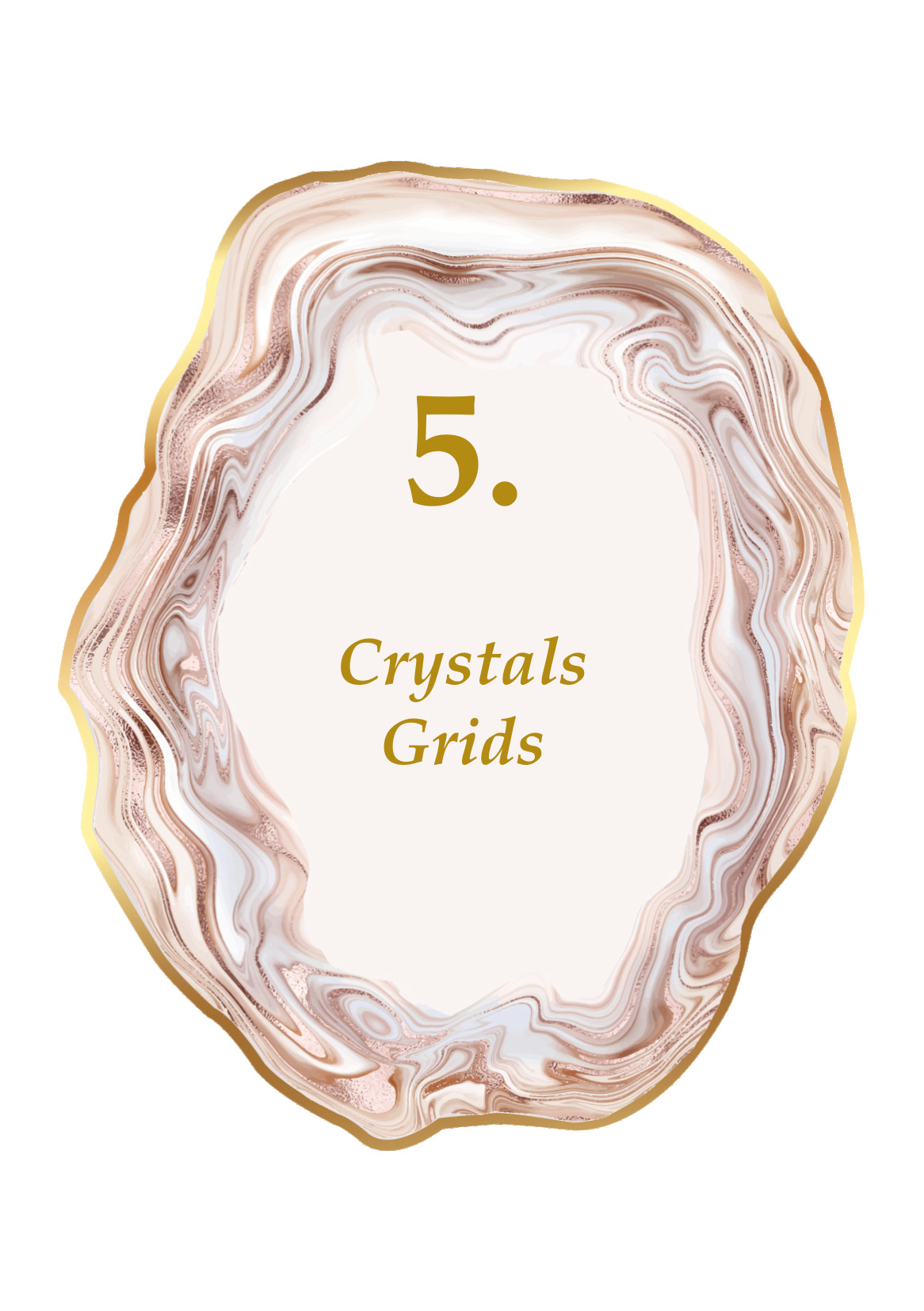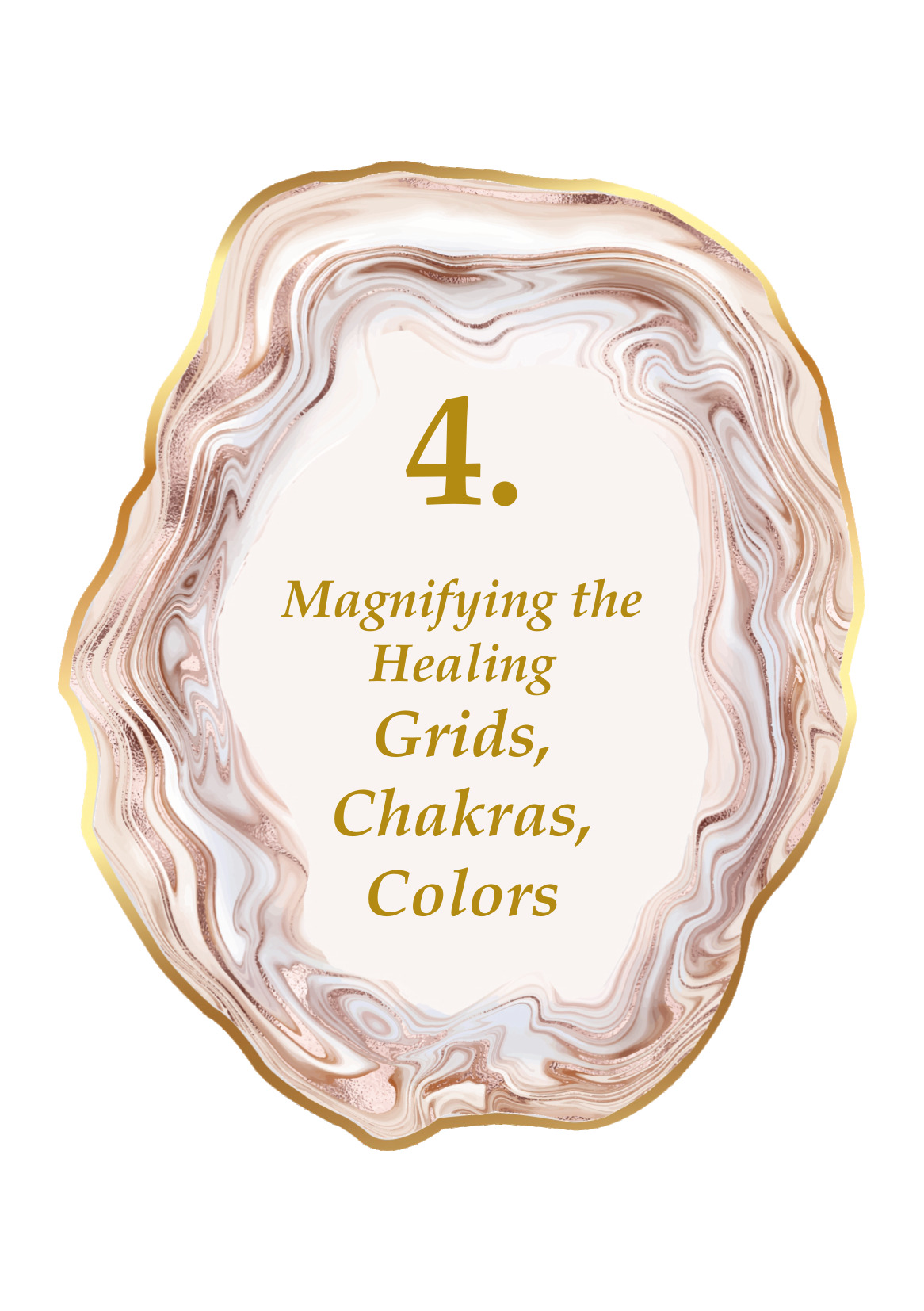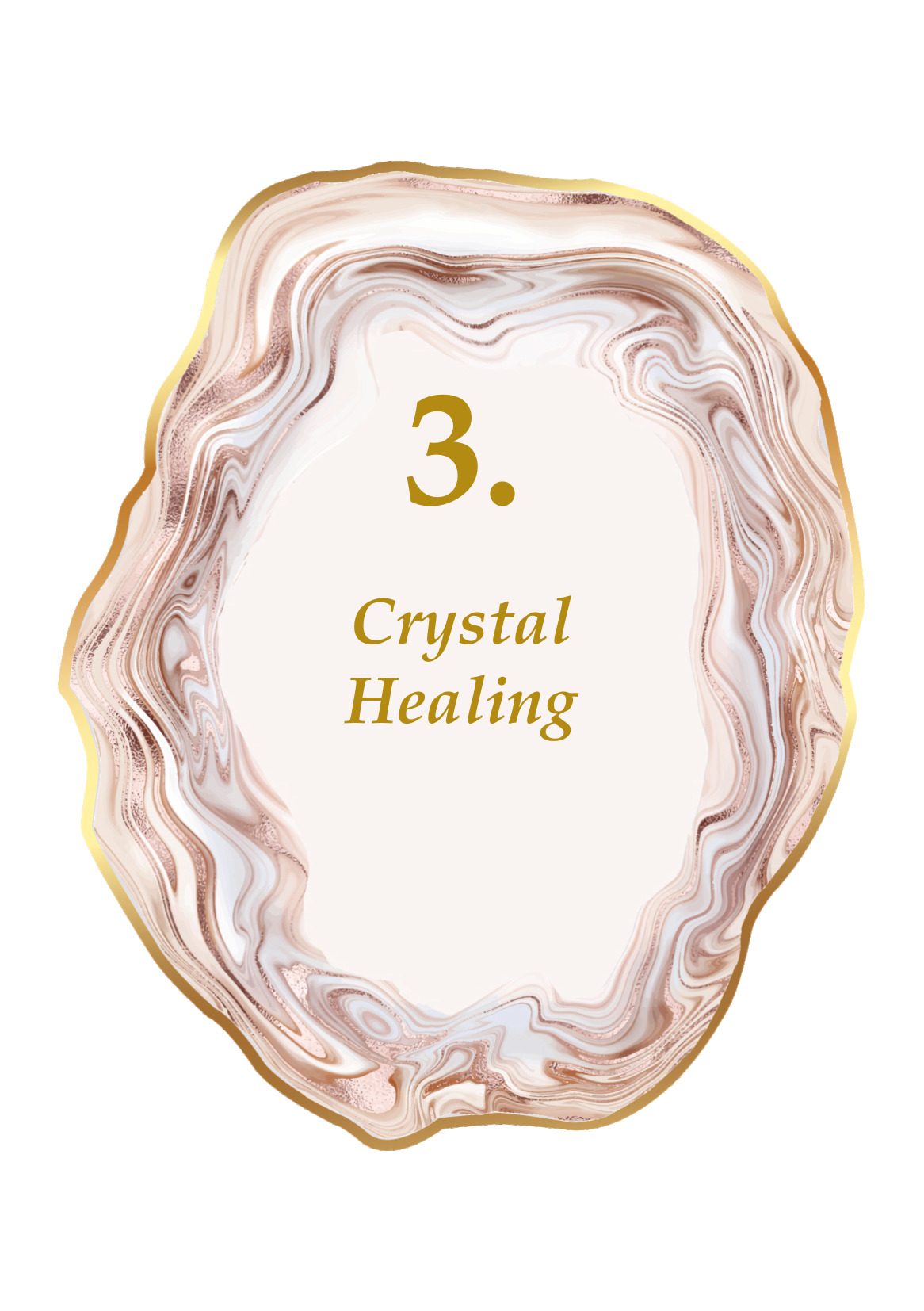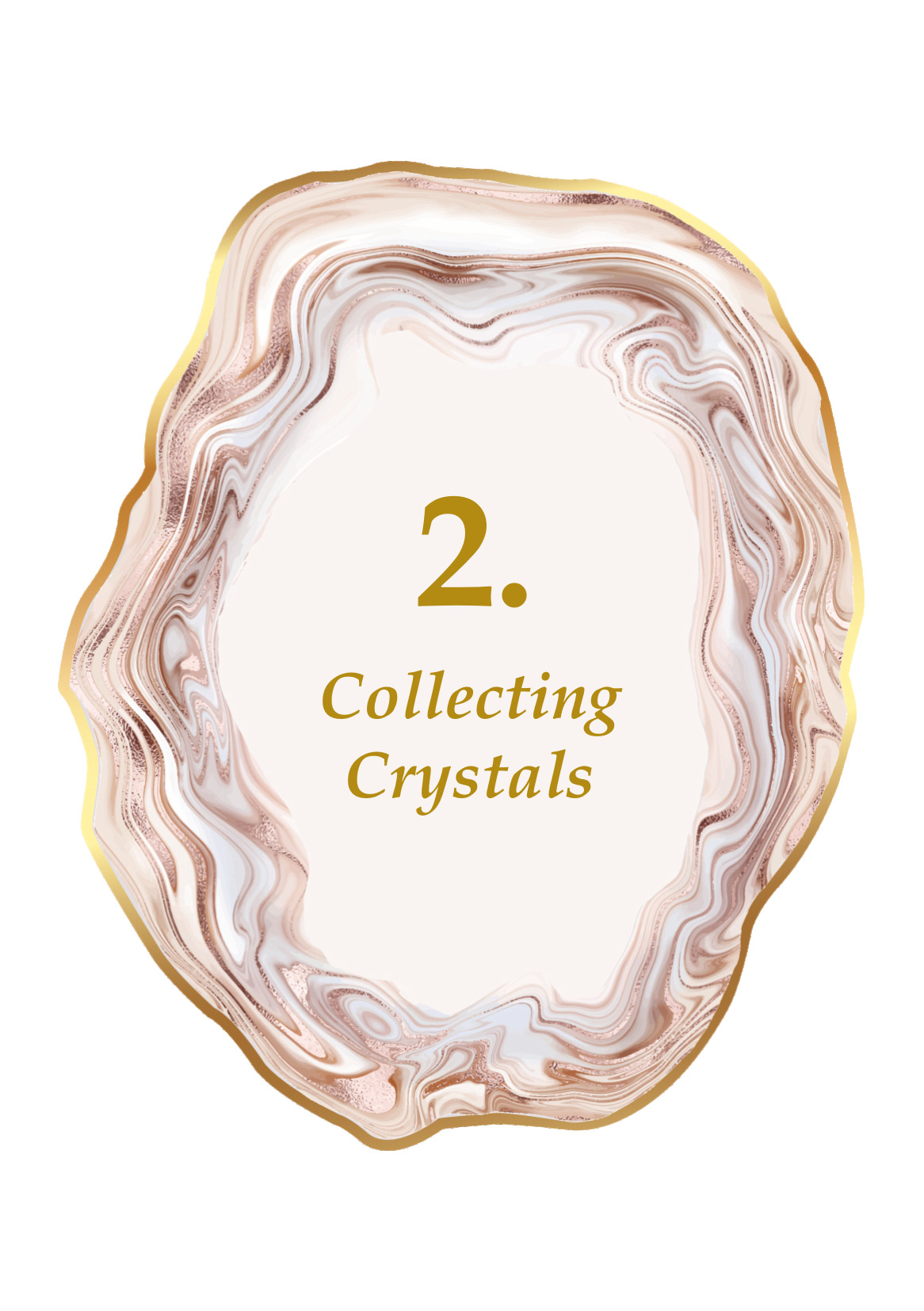
what is private label?
A private label product is manufactured by a contract or third-party manufacturer and sold under a retailer’s brand name. As the retailer, you specify everything about the product – what goes in it, how it’s packaged, what the label looks like – and pay to have it produced and delivered to your store. This is in contrast to buying products from other companies with their brand names on them.

Advantages:-
Control over pricing.
With private labeling, retailers are in charge of the entire supply chain. They set and control production costs to ensure the most profitable pricing. Products get made in a way that makes sure of the healthiest ultimate margins.
Control over production.
Third-party manufacturers work at the retailer’s direction, offering complete control over product ingredients and quality.
Control over branding.
The issue with selling branded products is that it’s not your company which consumers come to love. They develop loyalty to the makers of their favorite items, not the distributors. Private label products and their packaging bear your own name and branding.
Adaptability.
Smaller retailers have the ability to move quickly to get a private label product in production in response to rising market demand for a new feature, while larger companies might not be interested in a niche product.
Disadvantages:-
Difficulty building brand loyalty.
Putting your branding on products is an excellent idea in theory. In practice, however, it can be a struggle to build significant brand loyalty. Your private label lines, after all, often compete with established names in a niche.
Candle
Ultrices dui sapien miproin velit egestas duisefpal rateus. Vel facil siseros volutpat est.
Find your routine
Crystals Grids
This section of the book contains crystal prescriptions forvarious ailments. Each contains su
Magnifying the Healing Grids, Chakras, Colors
In addition to learning about crystals, there are many ways to learn about and practice energ
Crystal Healing
If you’re new to crystals, a great way to harness their healing power is to utilize hea
Collecting Crystals
Crystals, I believe, pick us as much as we pick them. Somemay only be here for a short time t
 Translate
Translate






